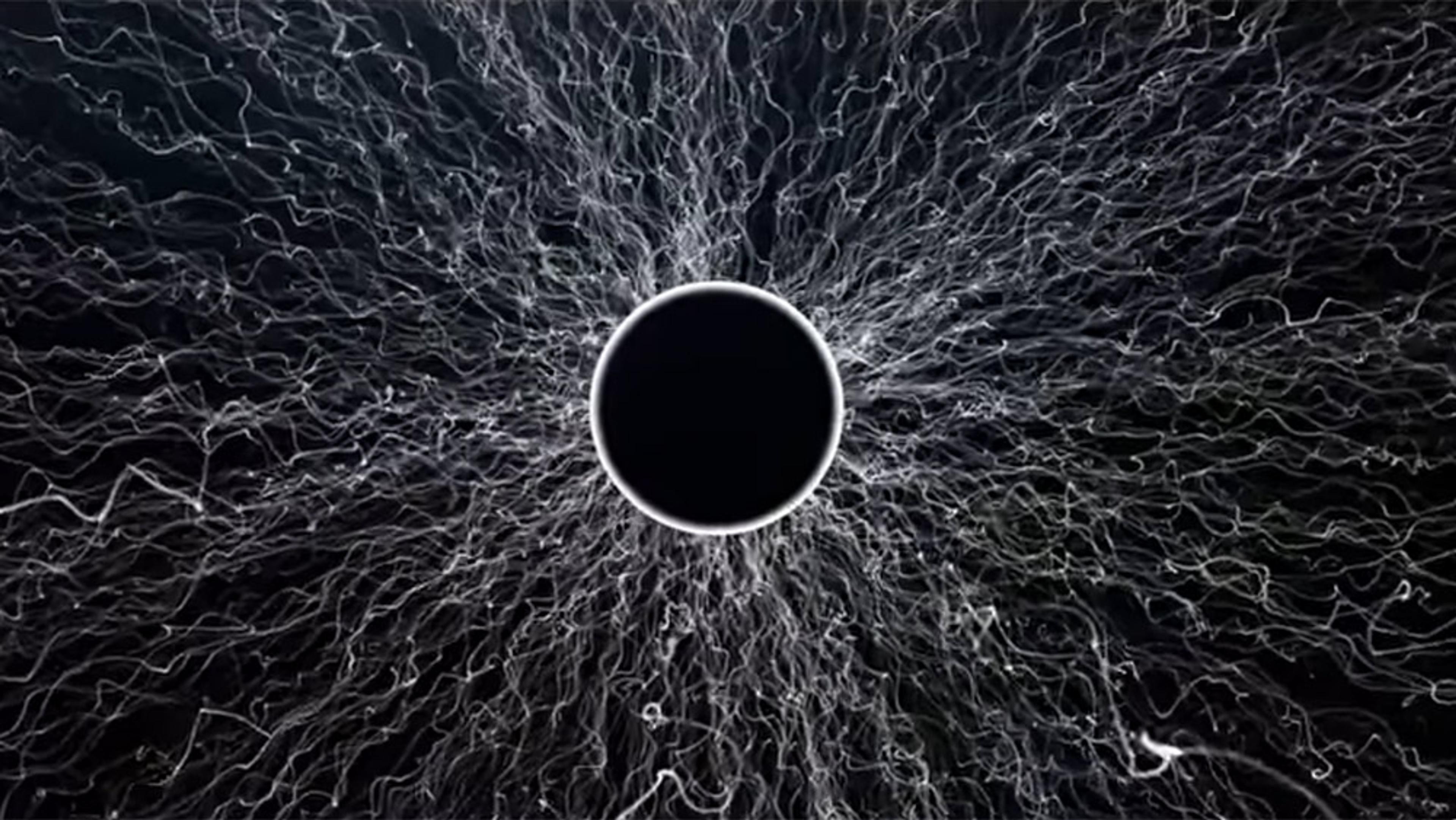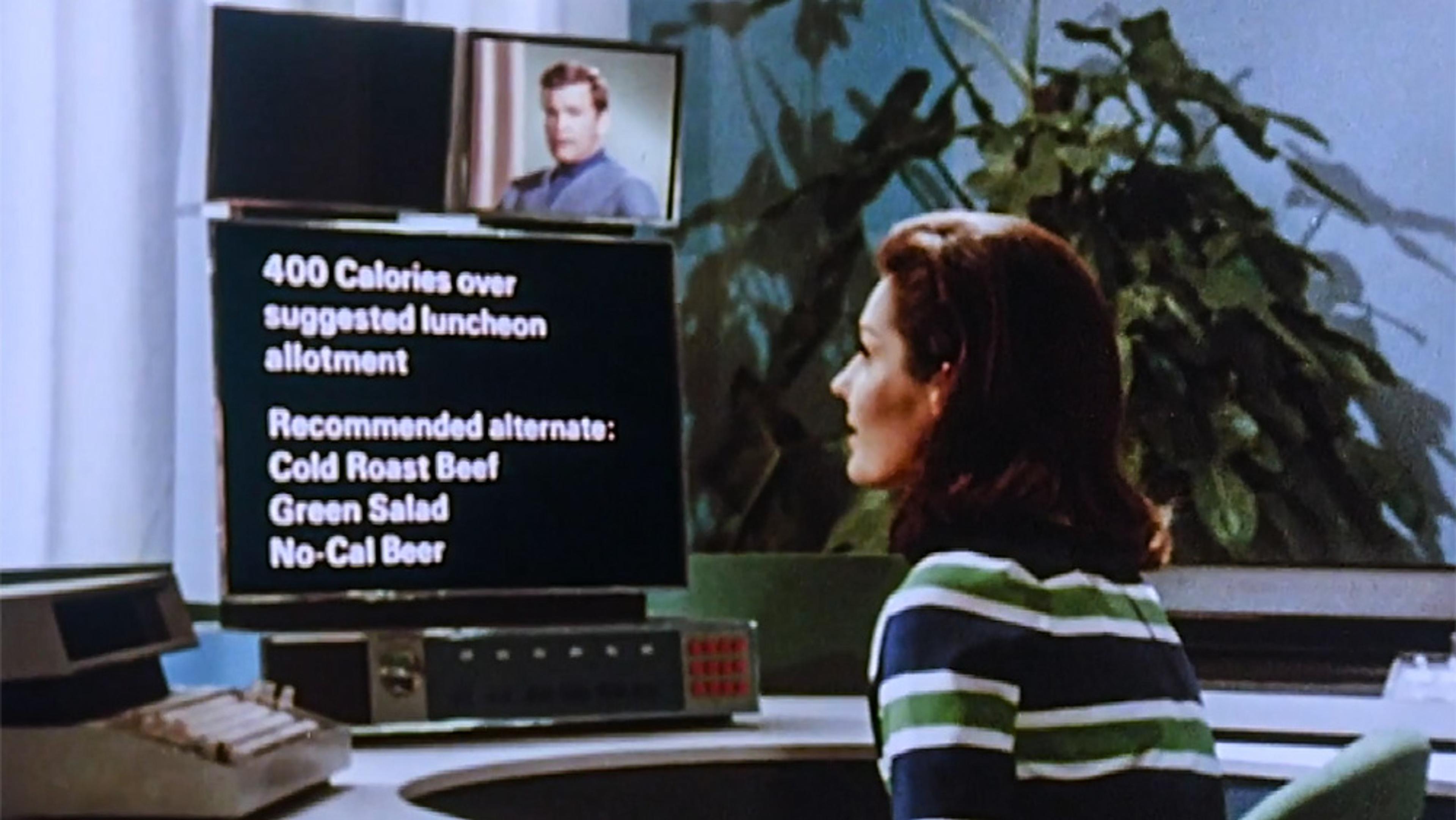From the climate crisis, to the breakneck pace of technological change, to the threat of further pandemics, there’s no shortage of reasons one could find to throw up one’s hands and proclaim ‘the end is nigh’. But what’s the actual likelihood of a societal collapse? Further, what would that even look like? And, in the meantime, what’s the best way to channel the creeping feeling that the world as we know it might be coming to an end?
In Everything Is Going to Be Fine, the San Francisco-based filmmaker Ryan Malloy goes in search of answers on how he ought to prepare for the worst, and, more pressingly, how he should handle his doomsday anxieties in the meantime. Embarking on a journey that includes an interview with Ian Morris, an archaeologist and professor of Classics at Stanford University, sessions with a therapist, and time spent with ‘preppers’, Malloy’s approach is fretful yet lighthearted, ultimately landing on a note of optimism. Shot in 2011, the ideas the film explores are as relevant as ever, lending credence to the idea that widespread pessimism about humanity’s trajectory is a truly timeless feeling.








